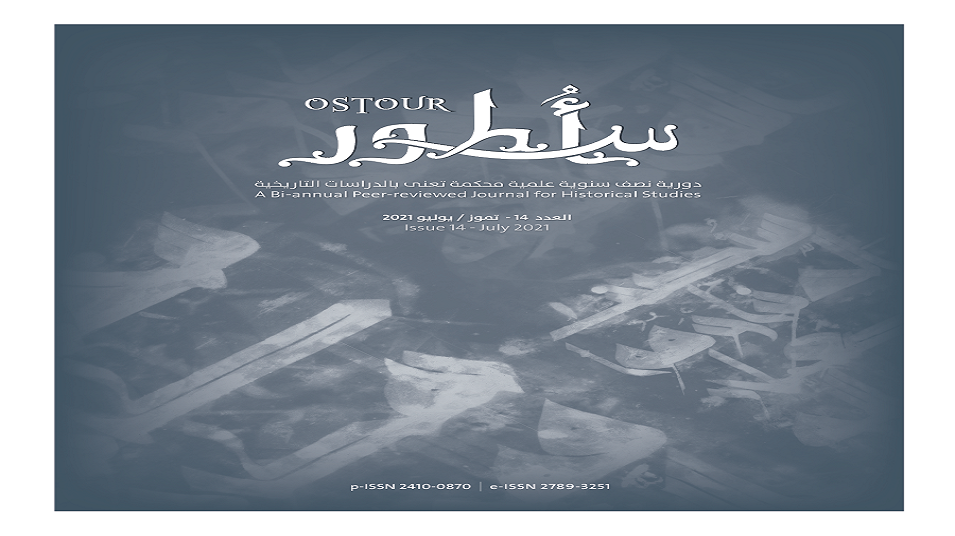New study reveals Ottoman double standards in dealing with Islamic, Christian endowments in Jerusalem
Dr. Musa Sroor, an associate professor of history at Birzeit University, has recently published a paper exploring the political and religious relationship between the Ottoman Sultanate and Christian endowments in Jerusalem.
The study, entitled “The Problematic Religious and Political Relationship between the Sultanate and the Christian Awqaf (Endowments) in Ottoman Jerusalem,” was published in the fourteenth edition of the Arab Journal for Historical Studies-Ostour, a bi-annual journal published by the Arab Center for Research and Policy Studies.
In the study, which analyzes data during the Tanzimat era (1939-1878), Sroor argues that a double standard existed in how Ottoman administrators managed Christian and Islamic endowments in Jerusalem. Ottomans, the author notes, implemented the Awqaf (endowment) law in their dealing with Christian religious endowments, but took a more hostile approach, one that ignored this law, in overseeing Islamic endowments.
As Sroor notes, Christian endowments in Jerusalem were managed under the Awqaf (or waqf) law, which was based on traditional Islamic law. Islamic endowments, on the other hand, were gradually becoming the target of more and more hostile reformations implemented to undermine their social and economic power through re-interpreting existing laws and enacting new, restrictive policies.
To read the study (in Arabic), follow this link.







